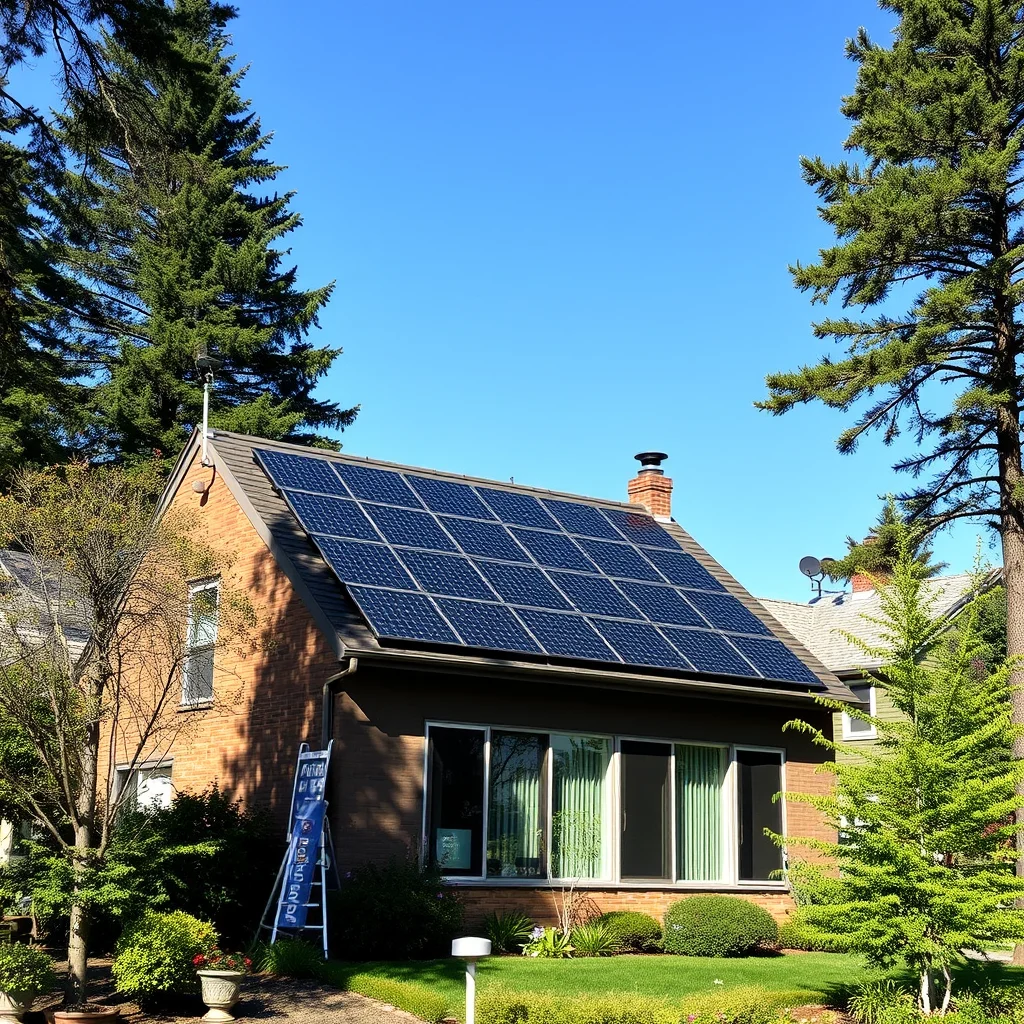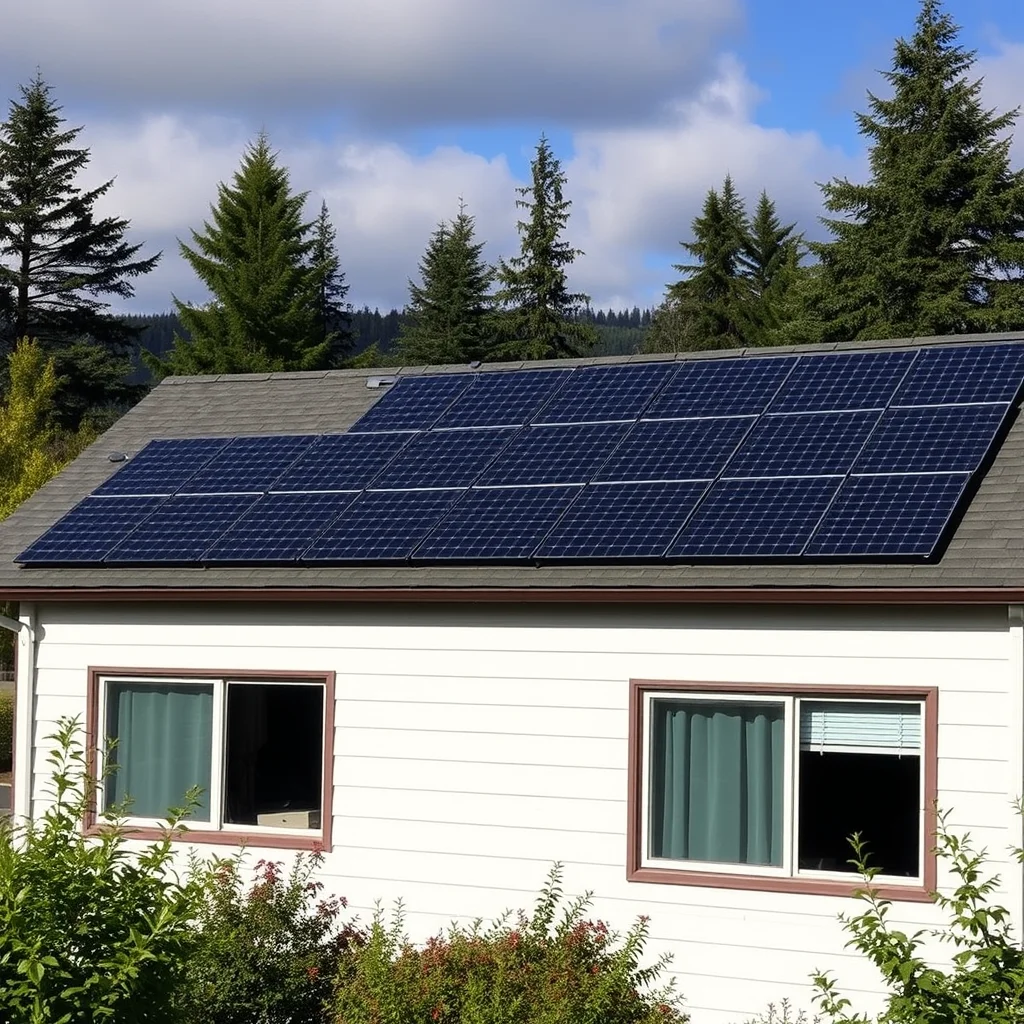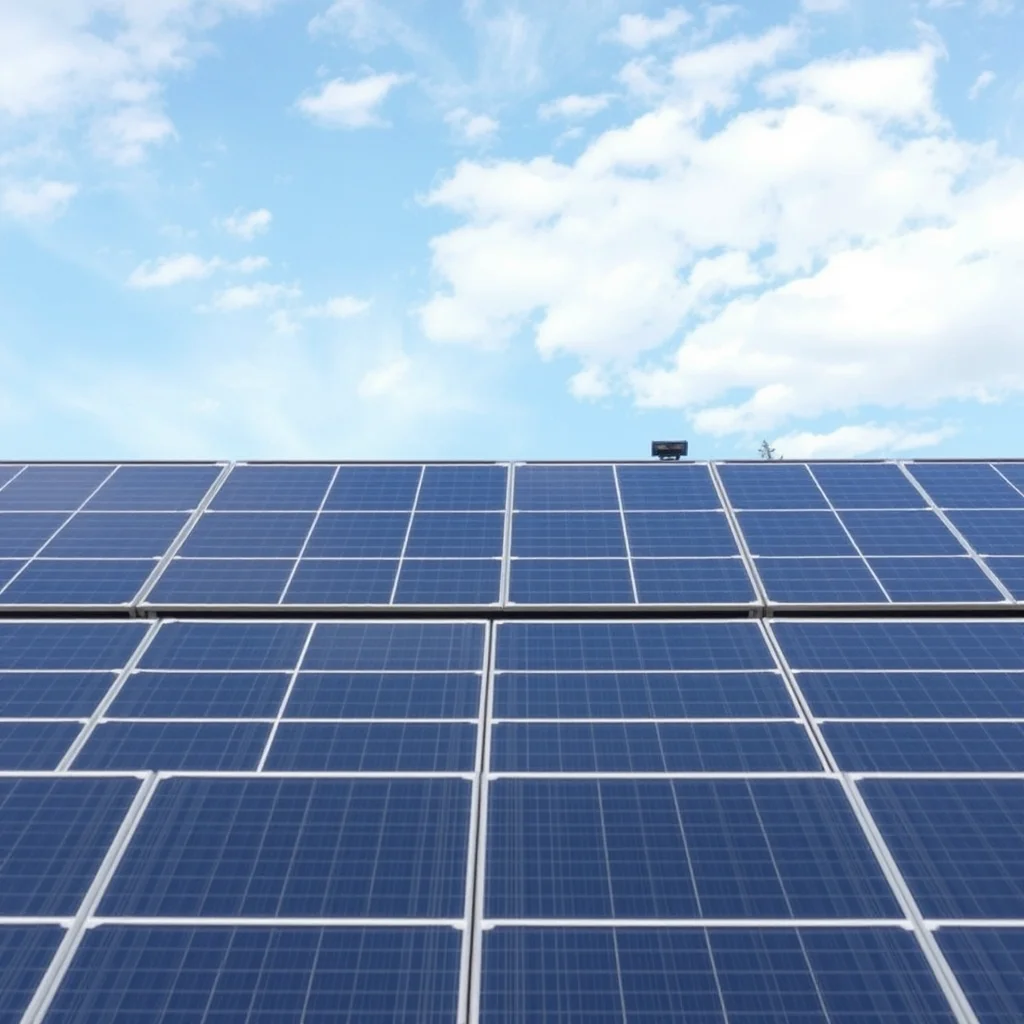Introduction
Are you curious about solar panels and how they work? Well, in Oregon, many homes have solar panels on their roofs. These shiny panels use sunlight to create electricity, which helps power our homes in an eco-friendly way.
However, if you live in a neighborhood with a Homeowners Association (HOA), things can be a little different. HOAs are groups that make rules for the houses in a neighborhood. Sometimes, these rules can make it tricky for homeowners who want to put up solar panels. Let’s dive into everything you need to know about Oregon HOA solar panels, how they work, and the rules that come with them!
What are Solar Panels?
Solar panels are special devices that capture sunlight and turn it into electricity. They look like big, shiny tiles, usually placed on the roof of a house. The electricity they create can power lights, TVs, and even the air conditioner.
Solar panels are great because they use the sun, which is a natural and endless source of energy. This means you save money on your electricity bills and help protect the planet by using clean energy.
Why Do People Love Solar Panels?
- Saves Money: Solar panels help cut down on electricity bills. Who doesn’t like saving money, right?
- Eco-Friendly: They don’t pollute the air, which means a cleaner planet.
- Increases Home Value: Homes with solar panels are often worth more because they offer energy savings.
What is an HOA?
An HOA, or Homeowners Association, is a group that makes rules for your neighborhood. This group sets guidelines on how houses should look, what you can and can’t do, and even how high your grass should be!
The main goal of an HOA is to keep the neighborhood looking nice and tidy. Sometimes, these rules can affect your plans to install solar panels on your roof.
Oregon HOA Rules About Solar Panels

In Oregon, the rules for installing solar panels can vary from one HOA to another. Some HOAs are okay with solar panels, while others might have strict rules that make it harder to install them. Here’s what you need to know:
- Approval Process: Before installing solar panels, you often need to get approval from your HOA. This means showing them your plans and getting their thumbs up.
- Location Limits: Some HOAs have rules about where you can put your solar panels. They might say they can only go on the back of your house, not the front.
- Appearance Guidelines: Your HOA may want your solar panels to match your roof or blend in with your home to keep the neighborhood looking neat.
How Oregon Laws Help Homeowners
The good news is that Oregon has laws to help homeowners who want to go solar, even if they have an HOA. These laws are designed to ensure that HOAs can’t completely stop you from installing solar panels.
However, they can still make some rules about where and how you install them, as long as these rules don’t make the panels too expensive or less effective.
Key Features of Solar Panels for Homes
Here’s a look at some key features of solar panels that make them great for your home:
| Feature | Details |
|---|---|
| Eco-Friendly | Uses sunlight, a renewable resource, to make power. |
| Cost Savings | Cuts down on monthly electricity bills. |
| Durable | Designed to last 25 years or more. |
| Low Maintenance | Requires little maintenance once installed. |
| Increases Home Value | Makes your home more attractive to buyers. |
| Quiet Operation | Produces electricity without any noise. |
| Energy Independence | Reduces reliance on traditional power sources. |
| Government Incentives | Qualifies for rebates and tax credits, saving more. |
How to Talk to Your HOA About Solar Panels

If you’re thinking about installing solar panels and you have an HOA, don’t worry! Here are some steps you can take:
1. Read the HOA Guidelines
First, check your HOA rules. Look for any sections about solar panels, roof installations, or energy-saving devices. This will give you a good idea of what’s allowed.
2. Present Your Plan
Prepare a clear plan showing where you want to place the panels and how they’ll look. Make sure your plan is neat and easy to understand.
3. Highlight the Benefits
Explain the benefits of solar panels, like how they can increase home values and help the environment. Your HOA might appreciate these positive impacts.
Common Misunderstandings About Solar Panels

Some people think solar panels are ugly or too expensive. But the truth is, they’ve come a long way in design and affordability! Many panels now blend in with roofs, and government incentives make them more affordable than ever.
FAQs About Oregon HOA Solar Panels
Q1: Can my HOA stop me from installing solar panels?
A1: No, but they can set rules on placement and appearance. They cannot outright ban them due to state laws that protect homeowners.
Q2: How can I convince my HOA to allow solar panels?
A2: Show them the benefits, such as cost savings, increased home value, and environmental impact. Be sure to present a clean, professional plan.
Q3: What happens if I install solar panels without HOA approval?
A3: You could face fines or be asked to remove the panels. Always get approval first to avoid trouble.
Q4: Are there any financial incentives for going solar in Oregon?
A4: Yes, Oregon offers tax credits, rebates, and other incentives that can reduce the cost of installing solar panels.
Q5: Will solar panels damage my roof?
A5: No, when installed properly, they can even help protect the roof underneath from wear and tear.
Conclusion
In Oregon, using solar panels is a great way to save money, protect the environment, and increase the value of your home. Even with HOA rules, state laws are on your side, helping you to make your solar dreams come true.
Remember, always communicate clearly with your HOA, present your plans, and highlight the benefits. By working together, you can find a way to add solar panels that keep everyone happy and your neighborhood looking beautiful. So, start shining bright with solar power, and be part of the change towards a greener future!

